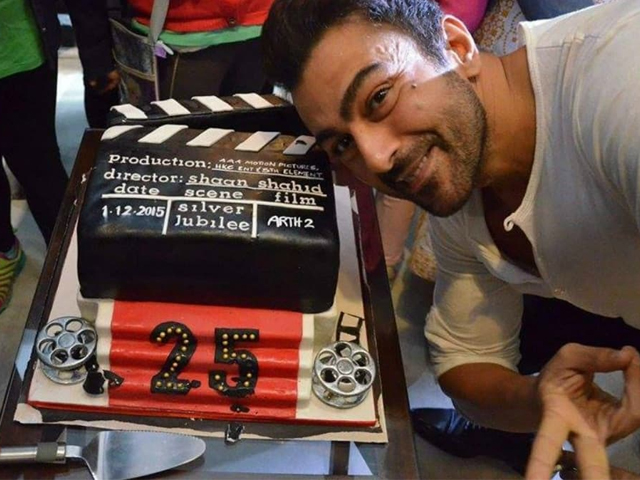
Sarfaraz Shah murder verdict: Ranger or not, justice is justice
The kind of brutality Rangers' officials have been privy to should not be taken lightly by any court of law.
I believe it was J R R Tolkien who said,
“Many that live deserve death. And some that die deserve life. Can you give it to them? Then do not be too eager to deal out death in judgment. For even the very wise cannot see all ends.”
Then again, there is Jean-Jacques Rousseau, the famous political philosopher, who states in his treatise, The Social Contract,
“There is no man so bad that he cannot be made good for something. No man should be put to death, even as an example, if he can be left to live without danger to society.”
The Sindh High Court (SHC) announced on Tuesday that it reserves its verdict as given in May last year. The verdict of giving death penalty to Rangers official Shahid Zafar in the case of Sarfaraz Shah where he was shot twice and left to die on the road in front of Shaheed Benazir Bhutto park in Clifton, Karachi on June 8, 2011.
There is much debate and much questioning about whether capital punishment is fair or not in such a case. But keeping in mind that Pakistan ranks high in the list of countries that dish out death penalties quite frequently (counterparts include Saudi Arabia, Yemen, Iran and, quite oddly, the United States), capital punishment would have been the ultimate avenue that the courts would partake.
The point blank shooting of Shah by the Rangers official is an example of how paramilitary groups in Pakistan have a carte blanche on being the jury, judge and executioner when it comes to the average, weapon-less Pakistani.
Whether or not Shah was up to any criminal activity, the video footage of the incident indicates that the Rangers’ officials had enough time to calculate and apprehend the degree of danger in the given situation. The kind of brutality the officials have been privy to is something that should not be taken lightly by any court of law.
With instances such as these, there is lesser and lesser faith that the average citizen may have in the paramilitary groups that the government employs to keep its citizens safe. It does not inspire a sense of security in the average citizen’s head if it is known that the robbers are not apprehended but are rather shot on sight.
It gives the message that the courts are on the streets and not behind the high concrete pillars, as is customary in civilised societies.
With the explosion of information provided to the common man, justice in such a case could have hardly been a silent matter. It is also important for this precedent to be set so as to send a counter-message to the people – the courts are trustworthy, the courts can dispense justice.
If the courts don’t provide justice as required, what are the people supposed to expect?
What’s next?




COMMENTS (7)
Comments are moderated and generally will be posted if they are on-topic and not abusive.
For more information, please see our Comments FAQ